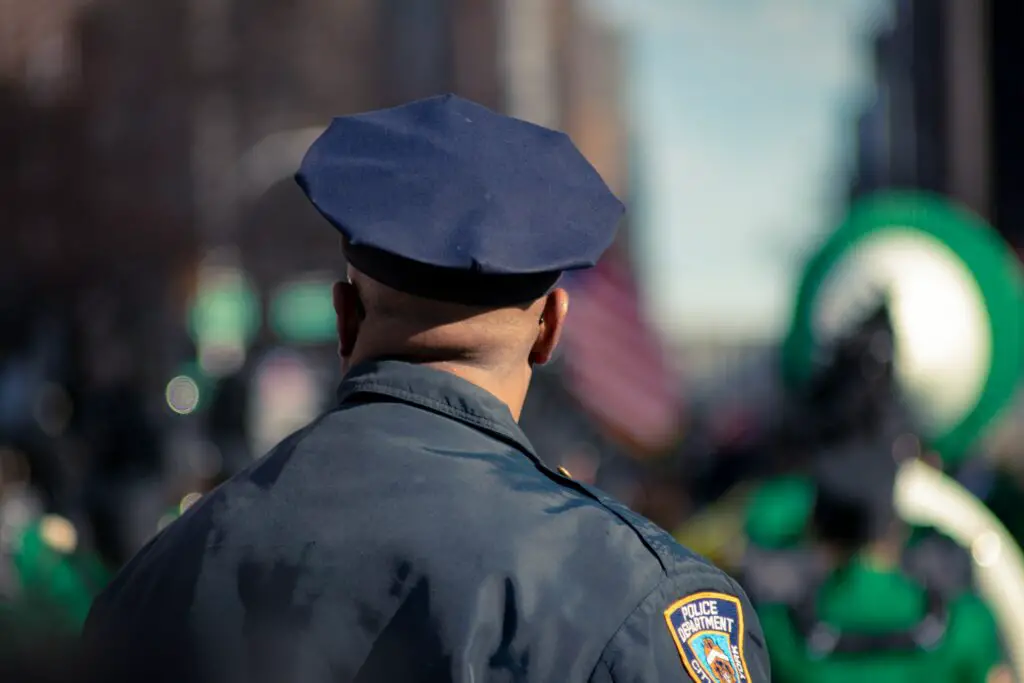Lincoln University in Missouri has become the first Historically Black College and University (HBCU) to train police recruits on campus at the new Lincoln University Law Enforcement Training Academy (LULET).
LULET is now the 20th licensed police academy in the state, 665th in the nation, and the first on the campus of an HBCU.
Governor Mike Parson and the Missouri Department of Public Safety approved the training academy during a license signing ceremony last year.
“As a former sheriff, I was honored to help establish the nation’s first law enforcement training academy at our very own Lincoln University, Missouri,” Parson wrote in a Facebook post.
Road Ahead
In response to nationwide protests following the killing of George Floyd, LULET was created by Peace Officer Standards and Training (POST) to attract more minorities from low-income backgrounds to law enforcement.
Lincoln University opening up a police Academy on campus is exactly what we need for the culture to bring real diversity and change to the ones who ACTUALLY wanna protect and serve. Double Salute 👌🏽
— Run It Back Tour. (@Xyzaiah) November 5, 2020
Led by Lincoln police chief Gary Hill and his team, the training staff will comprise Lincoln professors and police officers teaching part-time. The 16-credit-hour program will allow recruits to spend their final semester at the university doing full-time police training.
Lincoln’s police academy will go through a probationary period during the first year, following which POST will audit the program to ensure that standards are being met. If the audit is successful, authorities will extend the license for a standard three-year term.
Governor Parson is hopeful that the new police academy will inspire more HBCUs in the state and across the country to follow suit. He has also invited lawmakers back to the Capitol during the summer to address the growing problem of urban violence.
At a time when law enforcement agencies are working to increase diversity among recruits, the new training center at the university will have “far-reaching impacts on attracting more minorities to policing,” claimed Parson.

